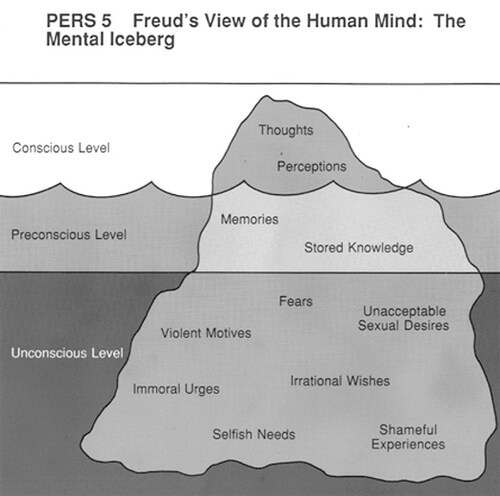
However, it’s interesting to see how Pi’s id (survival instincts) is powerful enough to take charge over the superego and ends up killing the fish for the two of them. He subconsciously knows that he should not be killing a live species due to religion, and also knows that he should not be eating fish (he is a vegetarian because of his religion). In this situation, his superego makes him hesitant to kill it. This could be the hidden meaning for Pi’s natural instincts.Īnother example is when Pi struggled with killing the fish for Richard Parker and himself to eat. However, each component can cause anxiety within an individual. Ideally, the id, ego, and superego interact in concert and harmoniously. The superego is also home to the expectations of the ego: the way we should behave and think. In both the novel and the movie, Pi tells us that Richard Parker is the reason why he had a chance to survive. When a child thinks about behaving in a morally unacceptable way, the superego sends a warning by producing feelings of anxiety and guilt. The superego houses all the rules that we have learned throughout our life and uses these to control the ego. Richard Parker is Pi’s survival instincts (id), which we are all born with the moment we are born. Freuds structural theory The id being the source of psychological energy derived from instinctual needs and drives The ego being the organized conscious. Richard Parker is the one who kills the hyena, which is parallel to Pi killing the cook (another version of the story he tells to Japanese reports at the very end of the movie). Some researchers believe that Richard Parker, the tiger, is actually a symbolism of Pi’s id. This also shows what imbalance of personalities can do to us. There was no superego or ego that could have stopped it from killing the zebra.


It uses secondary process thinking to avoid negative consequences from society.Įxample: Using the examples from above, Jack's ego would tell him that he should not take the pie from the windowsill, but instead he can buy some pie right up the street at the local grocery store.The hyena on the lifeboat is an example of id, because of how it killed the zebra due to hunger. It seeks to delay gratification of the id's urges until appropriate outlets can be found.
#Superego in psychology how to
The ego also considers social realities, norms, ediquette, rules, and customs when it makes a decision on how to behave. It makes the decisions that dictate behavior. The Ego: The ego is the moderator between the ego and the superego. His superego tells him that it is someone's pie and that it is not acceptable to trespass on someones property and take their pie. In Freudian psychology, the superego is the part of the personality that makes moral demands, that guides a person’s spiritual impulses, and that aims for perfection. He only has a superego so when he sees an apple pie cooling in a window, he does nothing. We put pressure on ourselves to live up to how we think we should behave.Įxample: Jack is walking down the street and he is very hungry. The ego is the realistic part that mediates between the ID and superego. The superego can stop the ID from doing what it wants to do. Eventually we accept this training as a part of who we are. The superego is a concept in psychology that deals with the morals of your action. It is mostly shaped by what we learn as young children from adults. The superego is the ethical component of the personality and provides the moral standards by which the ego operates. The superego begins to develop between 3 and 5 years of age. It considers the social standards for social behavior and guides us on what is right and wrong. The Superego: The superego is our morals, principals, and ethics. He only has an id so when he sees an apple pie cooling in a window, he takes it for himself. The id is only a primary process thinker, so it is primitive, irrational, and illogical.Įxample : Jack is walking down the street and he is very hungry. It only consists of our basic biological needs. Freud referred to the id as the reservoir of psychic energy. One could say that it is completely instinctual. It operates only on the pleasure principal with no regard for anything else.

The Id: The id is the very immature component of personality. These are not systems, parts of the brain, or any physical characteristic of any individual. They interact with each other and eventually determined personality. Freud’s theory of personality (1923) divided psychology into three parts called id, ego and superego, all of which develop at different stages of our lives. Freud believed that these forces worked to create a person's behavior. Freud separated personality into 3 major components.


 0 kommentar(er)
0 kommentar(er)
